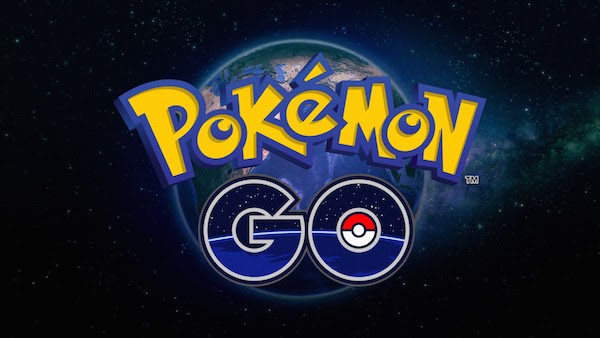What would be a better use of AR than Pokemon Go?

He weeps as he defiantly asks the universe, “What happens when I catch them all?”
As of the week of this writing, you cannot go on Twitter or Facebook or any news site without seeing something about the unstoppable popularity of Pokemon Go. It is everywhere. People are walking around the real world (outside!) trying to catch imaginary creatures, and having a ball sharing screen grabs of cartoons in funny places like on the toilet or next to celebrities. It’s a lot of good clean fun.
But as a more, let’s say, discerning fan of video games, my question with this game, and most free-to-play mobile games where you tend a farm or build a fortress or any other task of accumulation, is why?
Once you get the Pokemon, you have them. You can make them better, by training them. You can fight other Pokemon with your Pokemon, but all this finding, collecting and powering-up of pretend pets is in service of… having lots of Pokemon? Why is that compelling?
I wonder if the real draw isn’t the novelty of AR; the wildfire spread of this game seems in part attributable to the social currency of funny animals superimposed on otherwise mundane places, the appeal of which is obvious (and articulated well here).
But I’m more interested in what comes next. Once people have realized the appeal of an augmented reality game, when do we get one with a real story, a real point of view, as a work of creative art? Getting me out of the house is fine, giving the world another funny little trifle to feed small talk is fine, but how do we make it mean something more?
What kind of game would be a more interesting use of the AR that Pokemon is popularizing?
Is there a different property that would make a better AR game, like Star Wars or Mission Impossible or the Kardashians?


